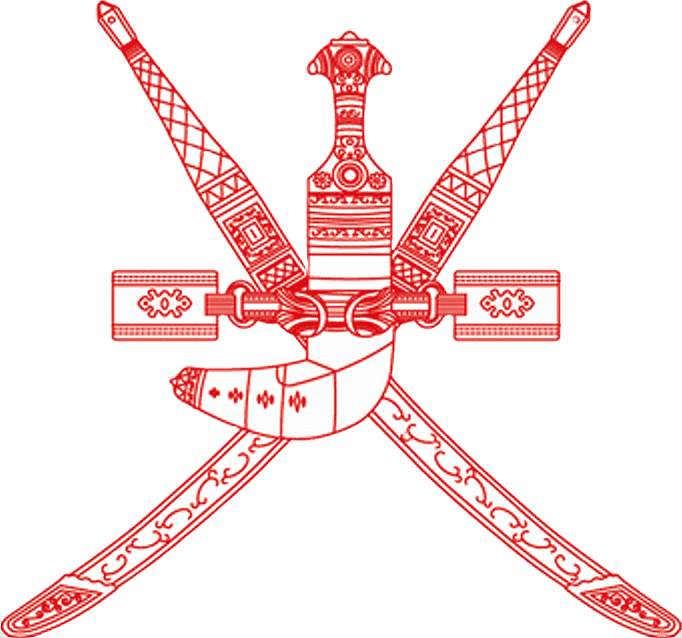Oman eVisa for Pakistani
Pakistani citizens who are a resident of GCC country, they can conveniently apply for an Oman eVisa online. The process is straightforward, requiring only a few documents, and it doesn’t take long to complete.
The Omani eVisa is a Single entry visa that allows you to stay up to 30 consecutive days. We’re here to answer any questions you have about the process—even before you apply.
The visa is valid for up to 30 days. Once approved, the eVisa is sent directly to your email.
When you’re ready to travel, just print out the eVisa or keep it on your phone, either option works for entry into Oman.
Omani Visa Requirements for Pakistani
- A digital copy of your valid Pakistani passport
- Your passport must have at least six (6) months of validity remaining from your arrival date
- A recent passport-size photograph in digital format.
- A valid email address to receive your eVisa.
Omani Visa Processing Fees for Pakistani
GCC Premium Processing
USD 109.99
GCC Standard Processing
USD 69.99
- Express and Regular Processing*
- Includes all service charges and government fees.
- Express Processing comes with a Dedicated Visa Manager, One-to-one Communication, and Express Document Verifications. Please check our terms and conditions page for more details on Express Processing and Regular Processing.
Omani Visa Processing Time
Once you submit your visa application, the processing time typically takes 6 days. Before processing your visa, we carefully review your application to ensure everything is correct. We’ll reach out if any details are missing or need correction.
Once your application is in order, we begin processing your Omani eVisa. This review ensures our highest approval rate.
Please keep in mind, that weekends, public holidays, and the day you submit your application don’t count toward the processing time.
If you have all the necessary documents ready, you can apply for your Omani eVisa right away.
Partners We Work With
Frequently Asked Questions
Pakistani citizens do need a visa to enter Oman. The simplest way to get one is by applying for an Omani eVisa. The entire process is online, so there’s no need to visit an embassy or consulate.
The Omani eVisa processing time is usually 6 days.
To travel to Oman, you’ll need a valid Pakistani passport with at least six (6) months of validity from your arrival date, a recent passport-sized photo, and a working email address.
No, you don’t need to submit your physical passport for an Omani eVisa. However, you will need to upload a digital copy of your passport online.
No, an Omani eVisa is an electronic visa (eVisa) linked to your passport number. It won’t be physically stamped in your passport.
Yes, getting an Omani eVisa can be difficult due to the country’s strict visa requirements. Even small mistakes in your application can lead to delays or rejections. If you’re unsure about any part of the process, it’s a good idea to seek assistance from an experienced visa consultants.
Yes, Oman visa applications can be rejected. Providing incorrect information or making mistakes on your application can lead to a rejection. However, if your previous visa application was rejected, you can still apply for an Omani eVisa with us.
Yes, if you are traveling to Oman from a GCC country, you will still need an Omani eVisa to enter. The eVisa is required for most foreign nationals, including those coming from GCC nations.
- Information Updated on:
- October 31, 2024

